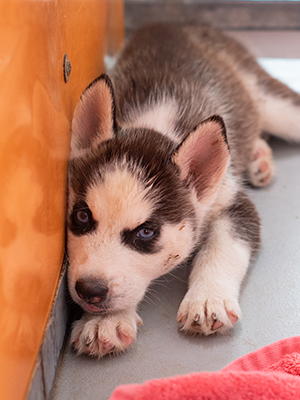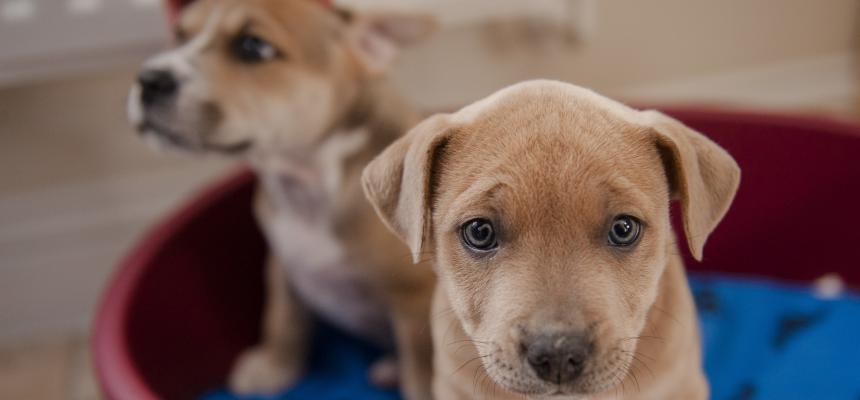Early Symptoms Of Parvo In Puppies

Symptoms of parvo in puppies.
Early symptoms of parvo in puppies. Canine parvovirus is an extremely contagious viral illness that manifests itself in two different forms. A puppy with parvo is a very sick dog. Since parvo is common in young puppies you should call your vet anytime your puppy. Signs also embrace extreme vomiting blood within the stools and lack of weight and urge for food.
This is because puppies younger than 6 weeks still have their mother s antibodies if she had the parvo vaccine but if they re older than that. Less common is the cardiac form which attacks the heart muscles of very young puppies under 8 weeks old often leading to death. So puppies are often the most vulnerable to this disease at 6 weeks to 6 months old. At the earliest signs of parvo fever diarrhea vomiting lethargy shivering no eating or no drinking your dog has the best chances of surviving when you seek immediate attention.
A combination of parvo and secondary infection or parasite can also lead to a more serious case of parvo in puppies. Symptoms of parvovirus usually begin to appear around day s 5 8 after first contact with the virus and they can be the most frightening stages of parvo. Fever lethargy sudden vomiting and diarrhea can be the consequences. That s the bad news.
Early signs of parvo in puppies the early signs of parvo in puppies and dogs include sneezing coughing and thick mucus coming from the eyes and nose. Learn the signs of parvo in dogs so that you can work with your veterinarian on treating and beating the parvo. The sooner you recognise the early symptoms of parvo in puppies the sooner you can get your dog to the vet. If dogs with parvo receive prompt and appropriate veterinary treatment many can be saved.
Canine parvovirus also called parvo in dogs is a very contagious and potentially fatal viral disease seen in dogs. The sooner you catch the early signs of the virus in puppies the sooner you can get your dog to the vet. Because the intestinal form of cpv inhibits your pet s ability to absorb nutrients he will become quickly dehydrated and weak from lack of fluid absorption and vital sustenance found in protein. The good news is that parvo does not have to be deadly.
Puppies typically receive their parvo vaccinations at 6 8 and 12 weeks of age. Puppies and young dogs who have not received all of their vaccines are at highest risk for developing parvo. Parvo symptoms in puppies and dogs include. The first symptoms of your dog having parvo include.
However they are at risk until they have received all three rounds of the shot. Since parvo is common.















